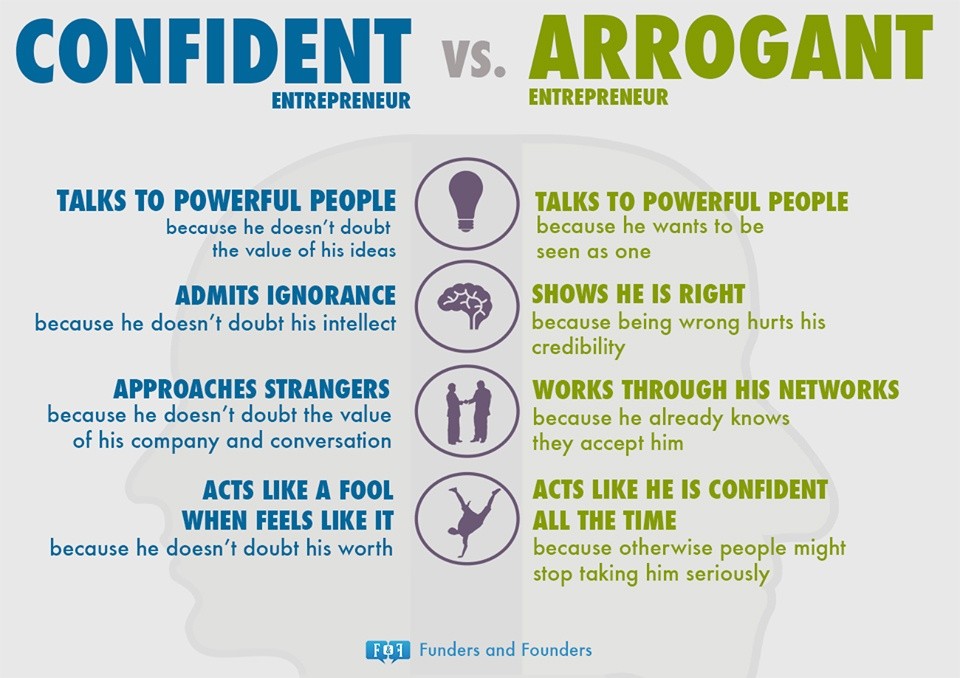
How to spot a liar (Body Language tips)
Could you spot a Liar? Do you always trust your gut feelings? Do we have time to stop listening and start watching? Knowing who has your best interests at heart could mean quicker success in Friendships, love and business.
Liar, Liar pants on Fire
Seems that when people fib about themselves, they tend to use ‘I and me‘ less often than people who are being truthful. Instead, they’ll speak about themselves in the third person (“This is a girl who loves to cycle”) or even truncate their language (“Really into listening to rap”)—anything to give themselves cognitive distance from the lie.
If someone keeps performing a random physical action that seems unnecessary—playing with his tie, excessively, retying her shoelaces, or dusting off the (clean) table in front of her—she may be lying. The guilt and anxiety makes people restless. That can be particularly true if they are lying to somebody they love. When a person fibs to authorities, she won’t necessarily fidget a lot. But if she is deceiving her husband, she won’t be able to sit still.
To sell us on the integrity of their answers, liars often use phrases emphasizing the validity of their statements, like “to tell the truth” and “ask anyone.” These verbal tip-offs often involve a God or three: ’The Good Lord knows,’ anyone who can’t be reached at that given time. Most truthful people don’t need to go that far.
When people try to control their body language, they focus primarily on facial expressions, body postures, and hand/arm gestures. Since the legs and feet are left unrehearsed, they are also where the truth can most often be found. Under stress, people will often display nervousness and anxiety through increased foot movements.
Feet will fidget, shuffle, and wind around each other or around the furniture. Feet will stretch and curl to relieve tension, or even kick out in a miniaturized attempt to run away. Studies show that observers have greater success judging a person’s real emotional state when they can see the entire body. You may not know it, but instinctively you’ve been reacting to foot gestures all your life.
How to boost your own confidence when you are truthful
Be the man! Well alone at least
Recent studies show that simply holding your body in expansive, “high-power” poses (leaning back with hands behind the head and feet up on a desk, or standing with legs and arms stretched wide open) for as little as two minutes when the boss is not there, or the girl you fancy as she will think you’re a dick, stimulates higher levels of testosterone—the hormone linked to power and dominance—and lower levels of cortisol, a stress hormone.

At least try to look like your listening
One of the rudeness things in my book is when people cannot be bothered to show how important you are by answering phones whilst in a meeting. Having just turned 50 and as an officially grumpy old man, am I the only one who moans at friends who answer phones in a restaurant half way through dinner.
In fact when mobiles first came out, I had one as a Sales representative and I would put the phone on the table between me and the client, I would tell the secretary at the office to call me right in the middle of the meeting, just so when it rang I never took my eyes of the customer and turned it right off. This made the customer feel rather special I can tell you!
Leaning forward, nodding, and tilting your head are other nonverbal ways to show you’re engaged and paying attention. It’s important to hear people. It’s just as important to make sure they know you are listening.
Remove Barriers
Physical obstructions are especially problematic to collaborative efforts. Take away anything that blocks your view or forms a barrier between you and the rest of the team.
Take the coffee challenge: When you are standing and the coffee arrives, look to see how high they hold the cup, if up by the chest you need to establish more rapport.
Down by the waist and it’s time to go into your spiel.
Never underestimate touch
Touch is the most primitive and powerful nonverbal cue. Shaking hands is still a very memorable action, and studies show that at a network meeting you will remember the people who established some kind of touch. Of course it’s easy to come across as creepy, being a guy I always wait that micro second for the lady to offer her hand first, for men it is equal. For your buddies at work a rub on the shoulders always endears you as a good mate.

6. To show agreement, mirror expressions and postures
‘Mimicking is the highest form of regard’
When clients or business colleagues unconsciously imitate your body language, it’s their way of nonverbally saying that they like or agree with you. When you mirror other people with intent, it can be an important part of building rapport and nurturing feelings of mutuality.
You can’t fake it, don’t spend your time not really listening and aping your potential client, in a bid to get him to buy from you, that would actually be comical, and get you thrown out the office.
You need hands
Medical science tells us through Brain imaging, that a region called Broca’s area, which is important for speech production, is active not only when we’re talking, but when we wave our hands. Since gesture is integrally linked to speech, gesticulating as we talk can actually power up our thinking.
Open hands always when speaking and keeping an open line between you and the person you are talking with, demonstrates truth and confidence
Control your voice
Speech therapists don’t just help kids with Lisps, they can actually train your voice to become more powerful and you can achieve great success if you learn to use your voice effectively. Speaking quieter than you normally would; demonstrates good confidence and that people should stop to listen to you.
The intonation of your voice tells a lot about you. Confident people have a natural arc where they start low, go up in the middle of the sentence and come down low at the end. It may describe why the Australian accent where the ladies sentences go up at the end is often described as quite annoying to many professionals. That and the Philippinas saying Sir too often
Cross your legs and hope to remember.
Recent studies on audiences found that; when they sat and listened with unfolded arms and legs, they remembered 38% more than participants that sat with folded arms and legs. To improve your retention, uncross your arms and legs. If you see your audience exhibiting defensive body language, change tactics, take a break, or get them to move, annoying as it is to many, it’s a disruptive pattern that often works wonders—and don’t try to persuade them until their bodies open up.

Could you spot a Liar if he was living next door to you? If not it may cost you dearly, some people have lost all by trusting the cosy, maybe a little “shy” neighbour.
If you want to see just how bad this can get, take a look at Alan Watson’s financial thriller, Hidden Assets.
Some people really can take you for the maximum and sail away to begin a new life.
Available on Amazon now





